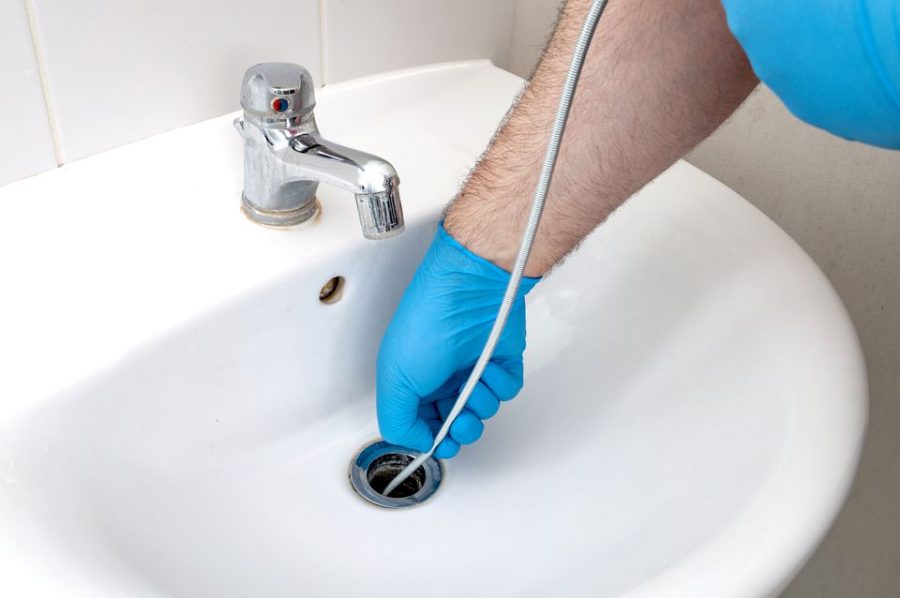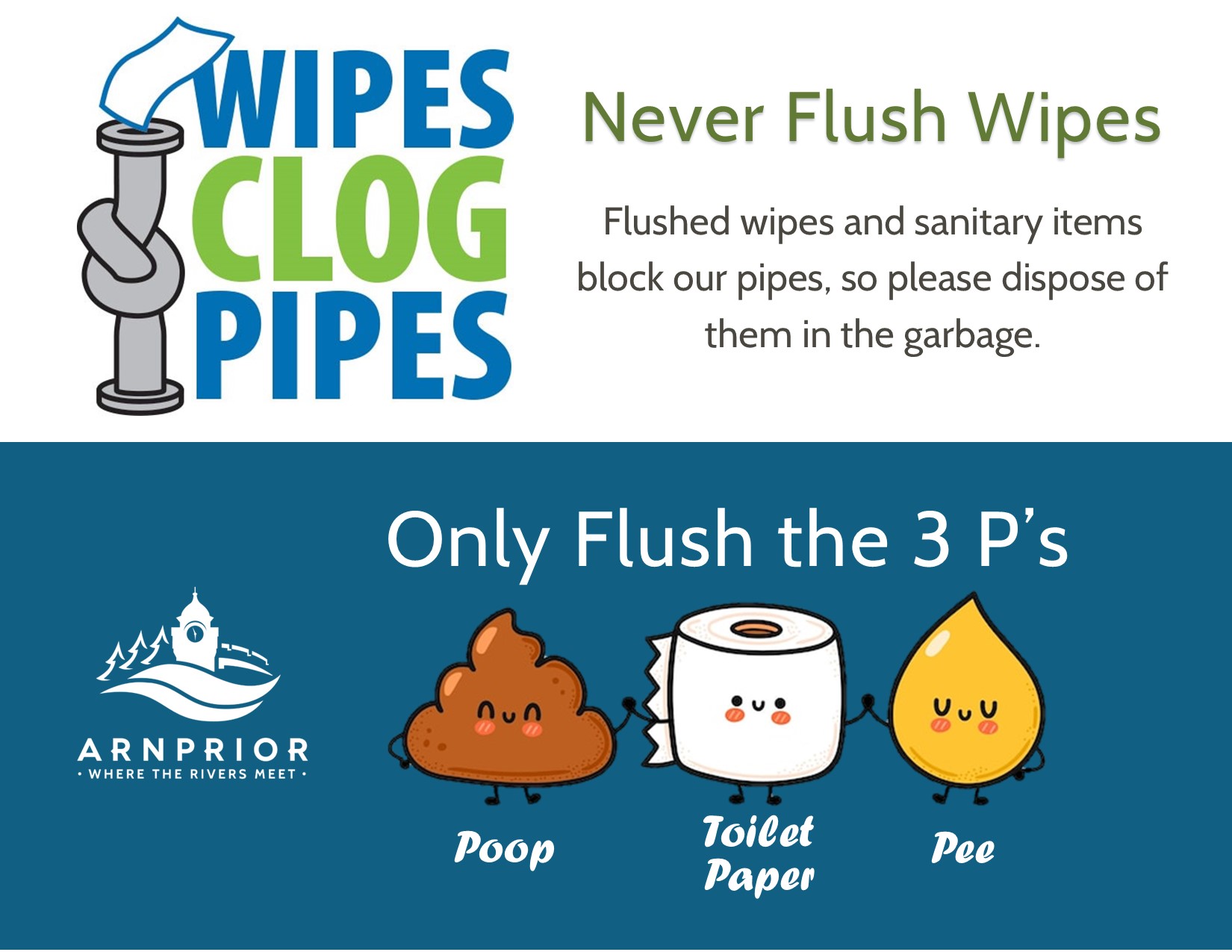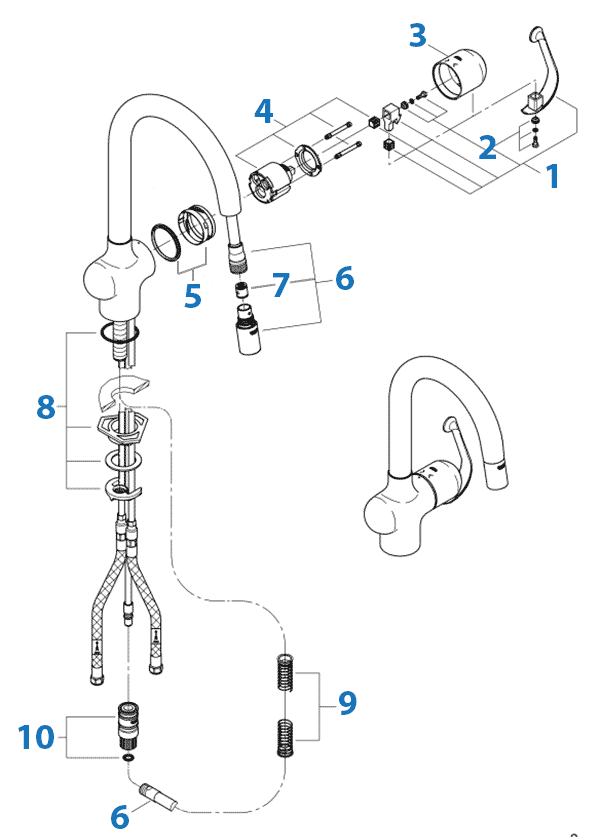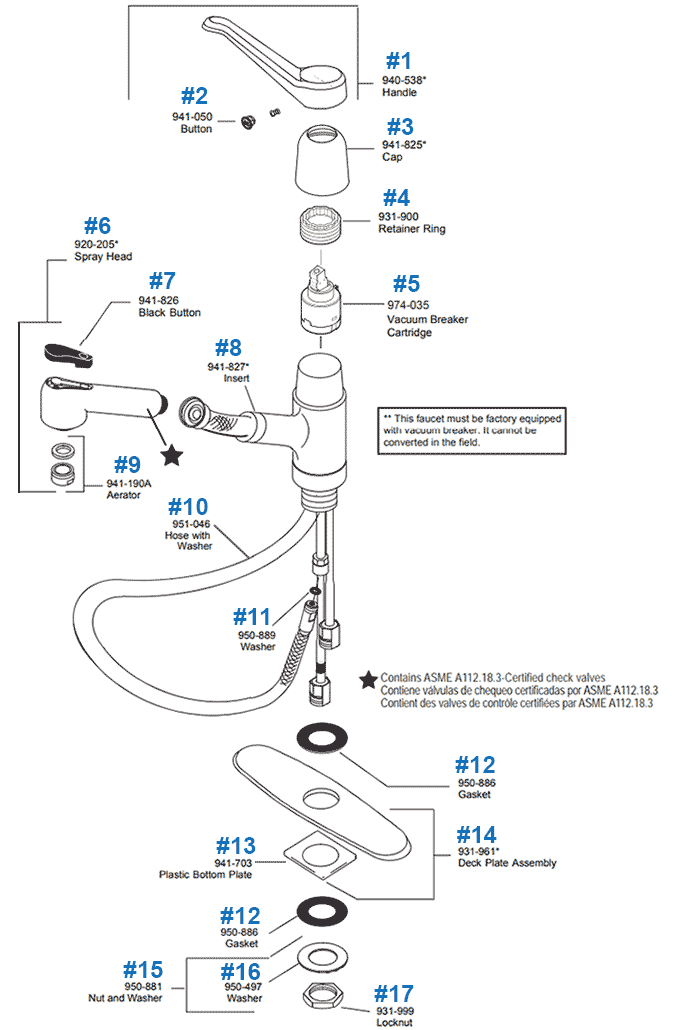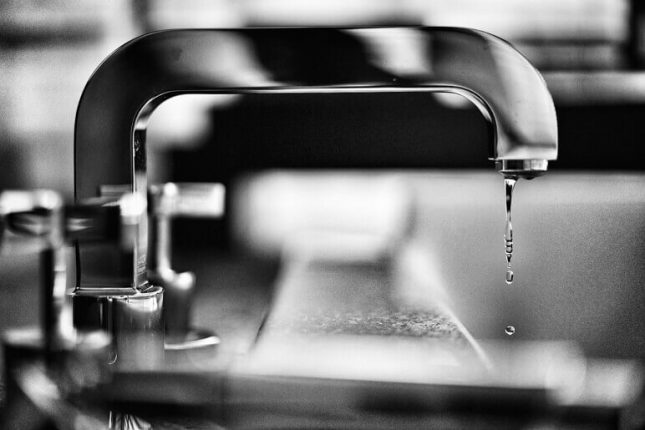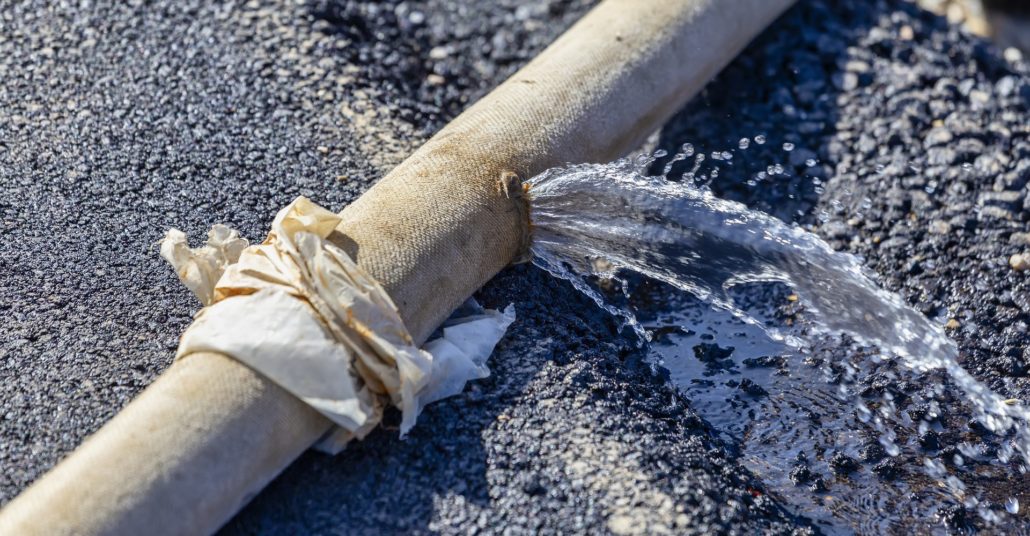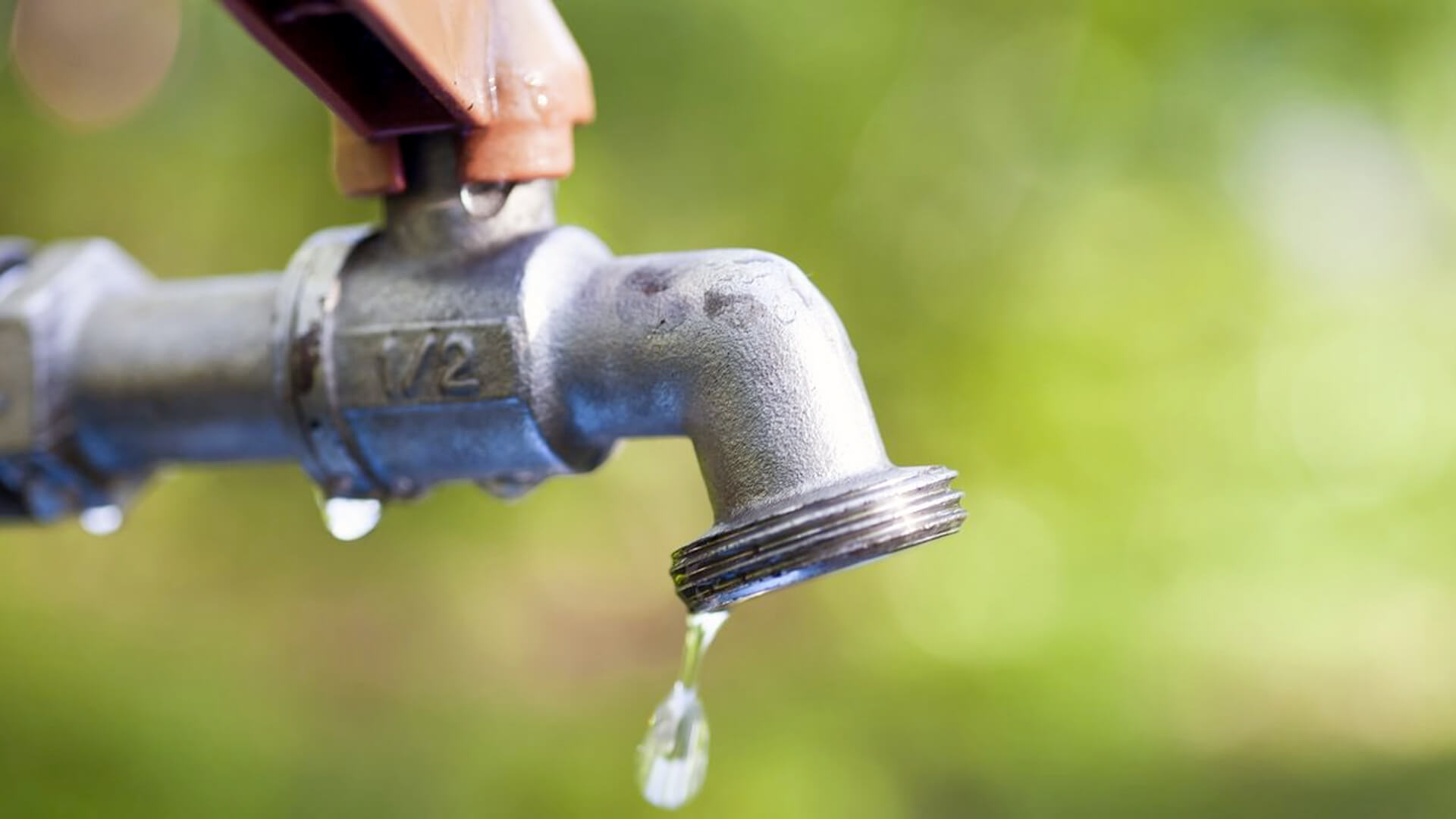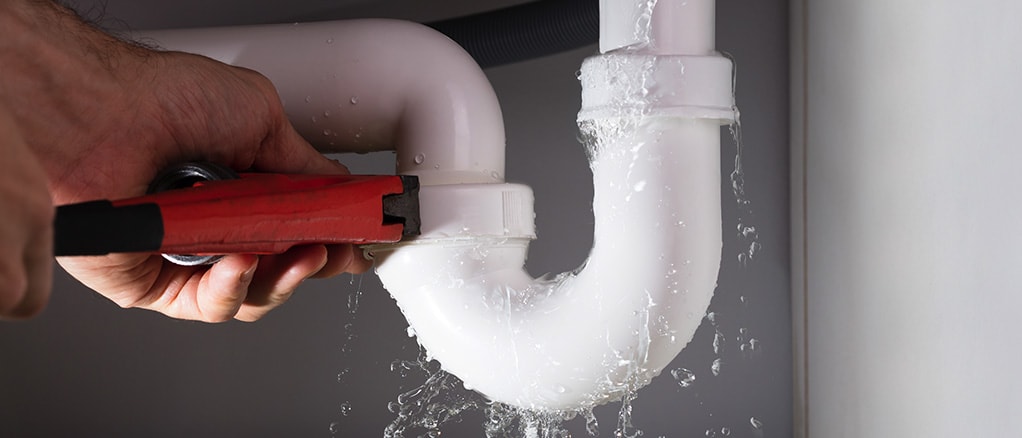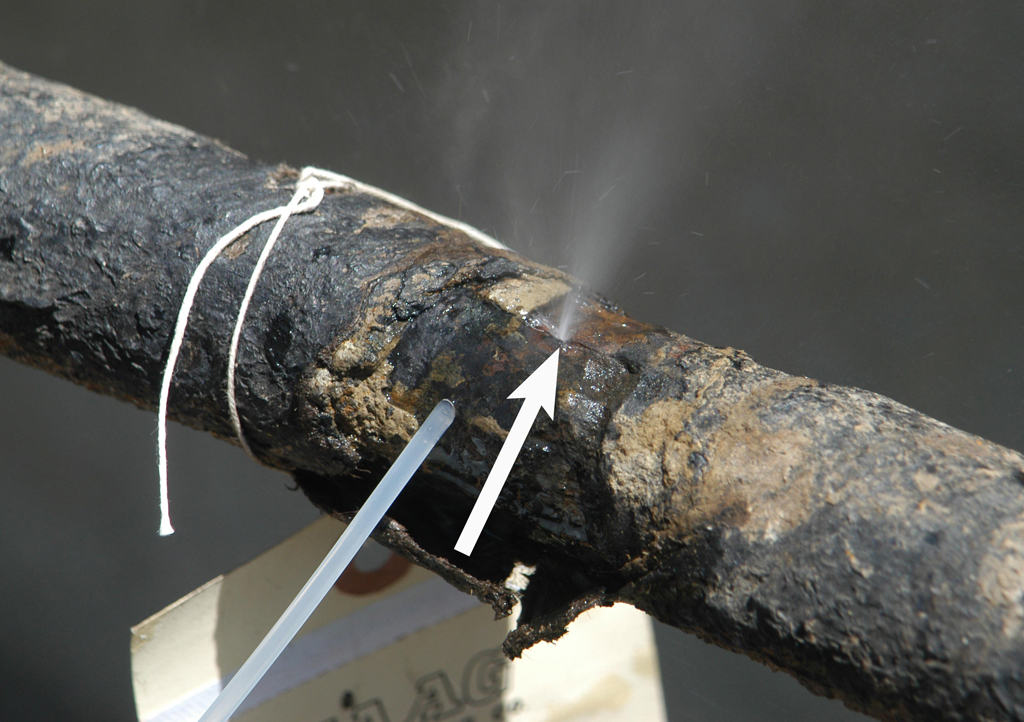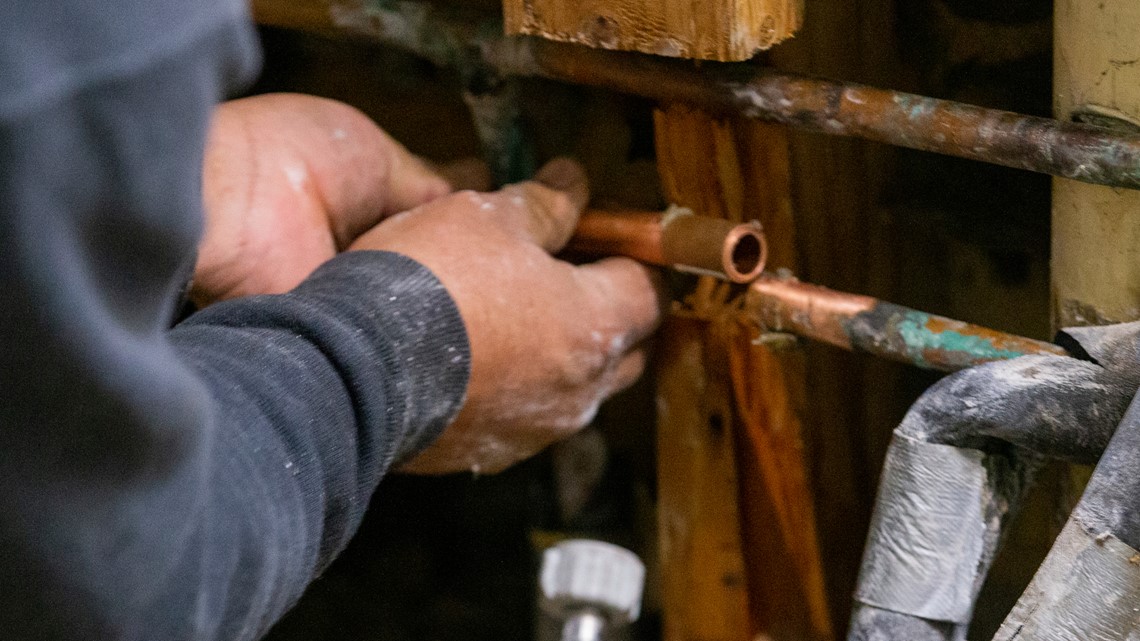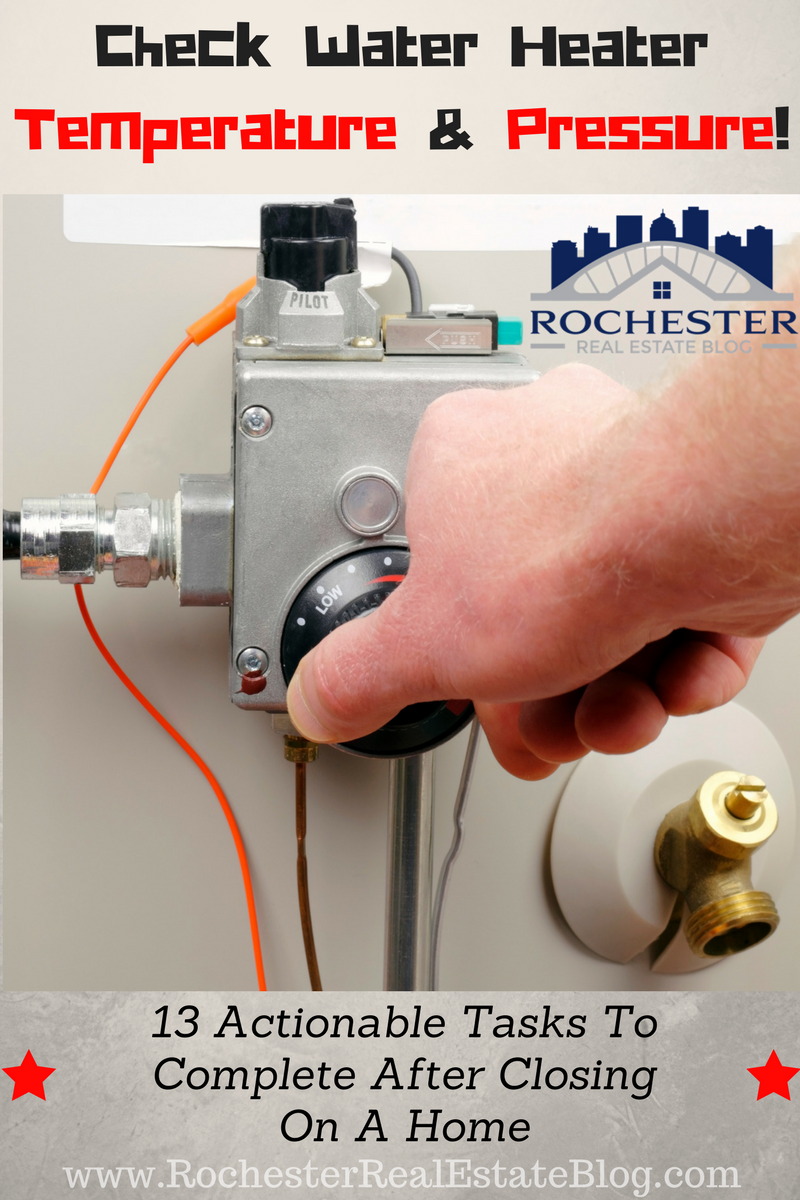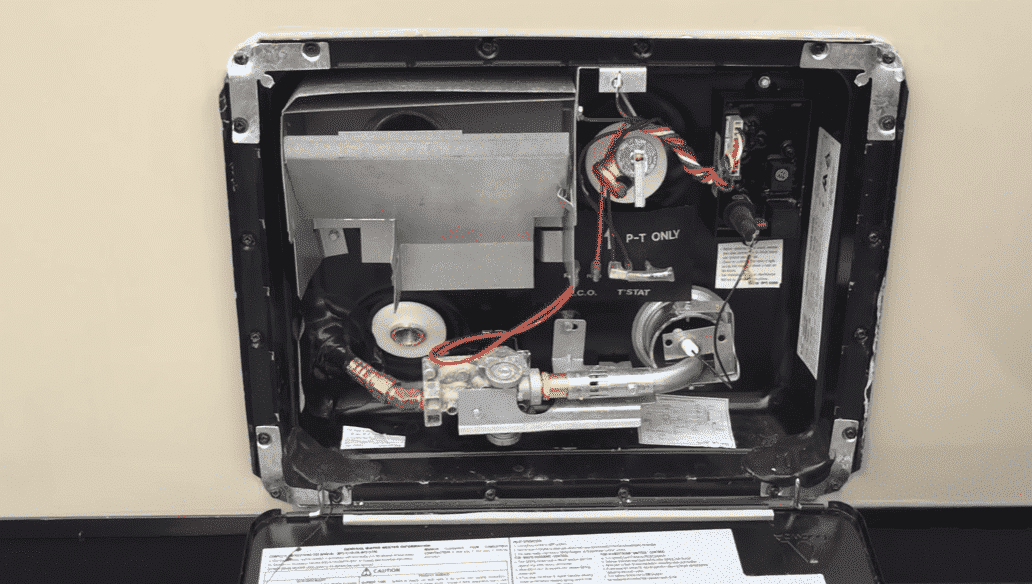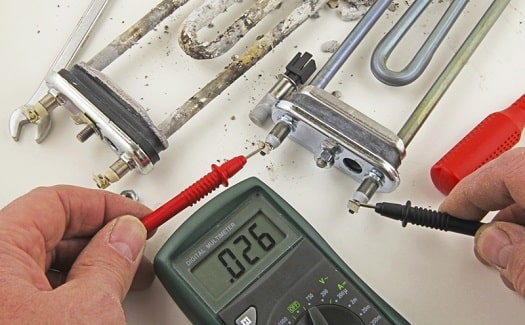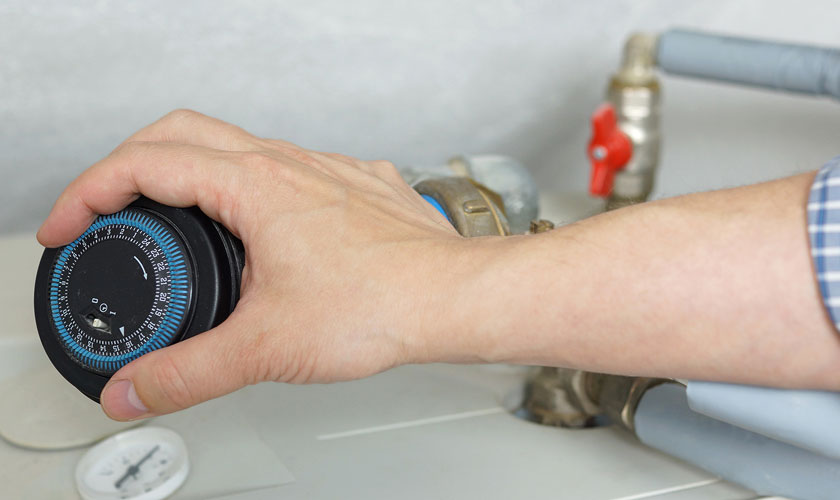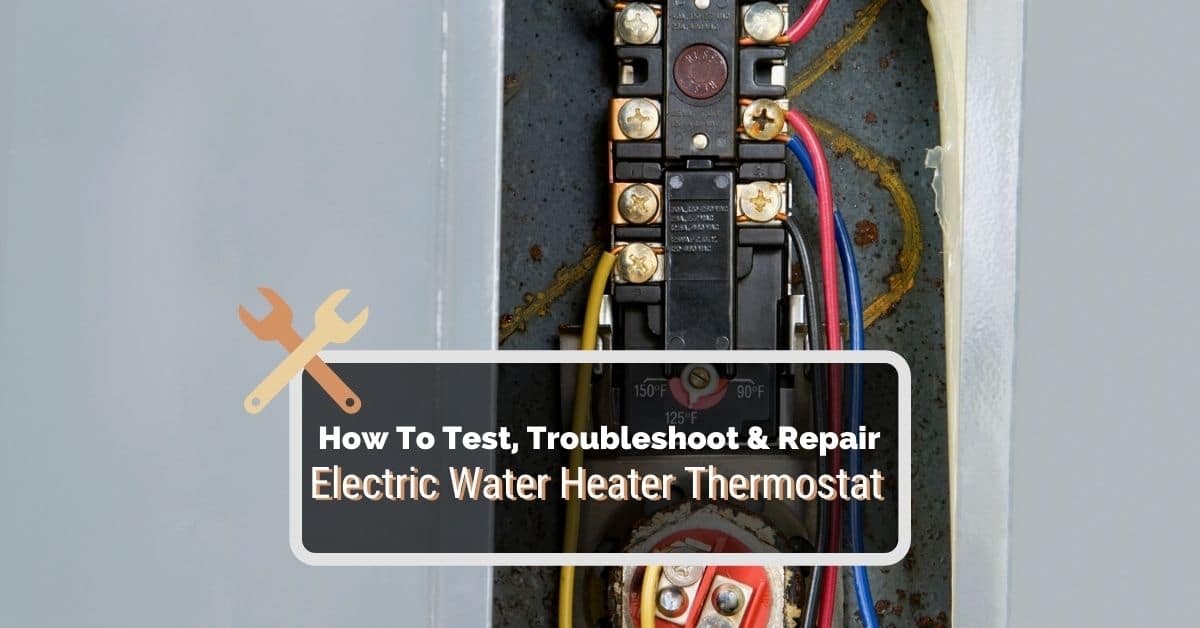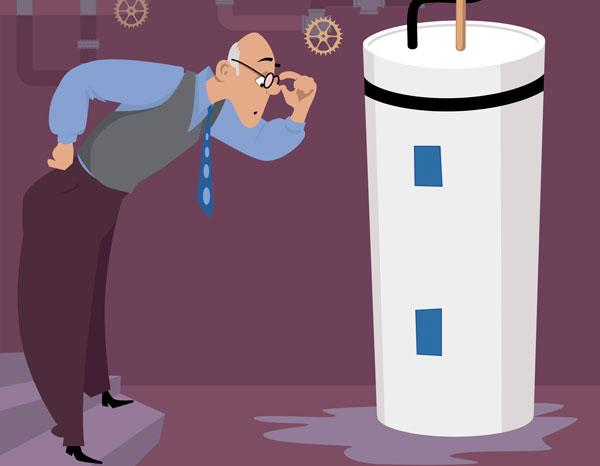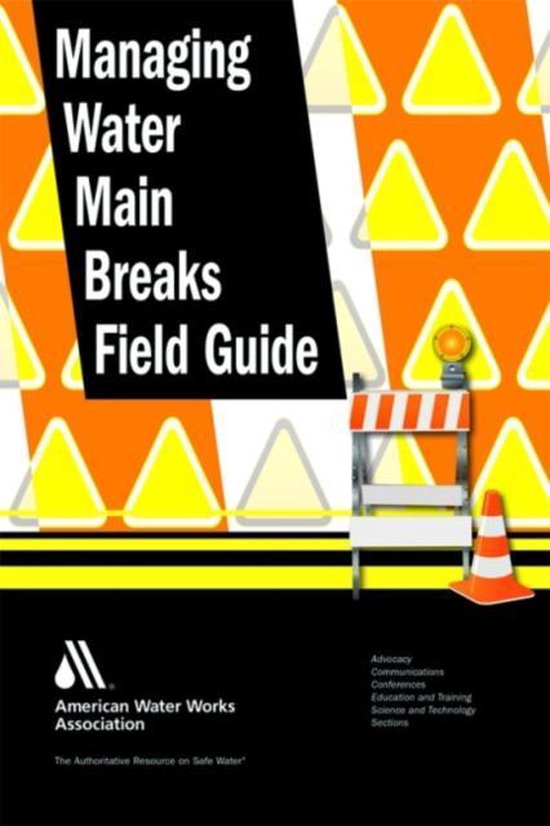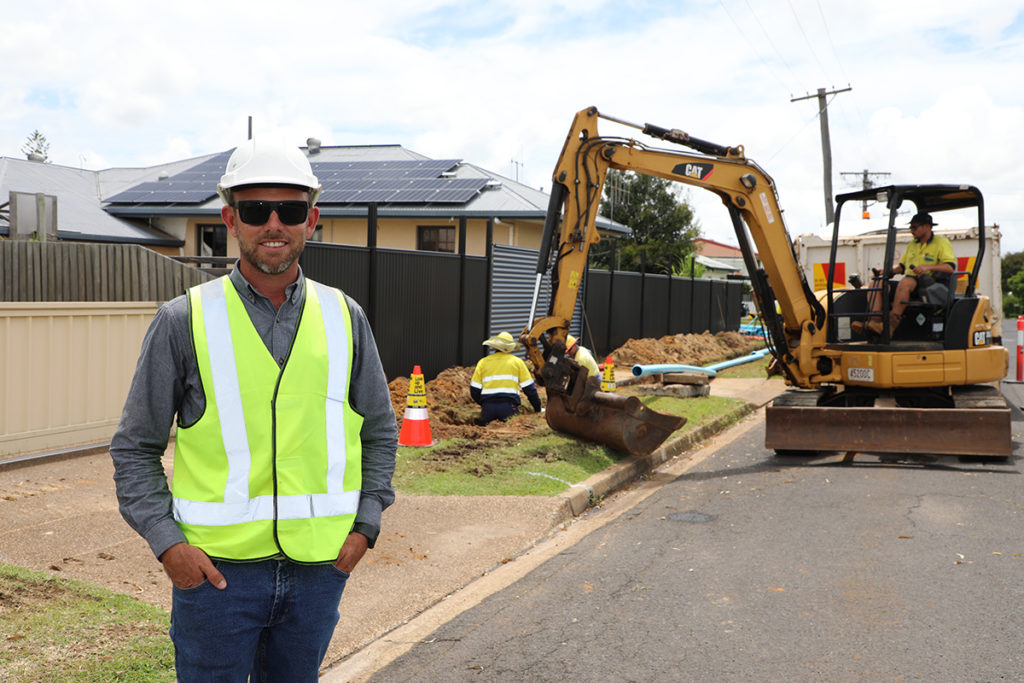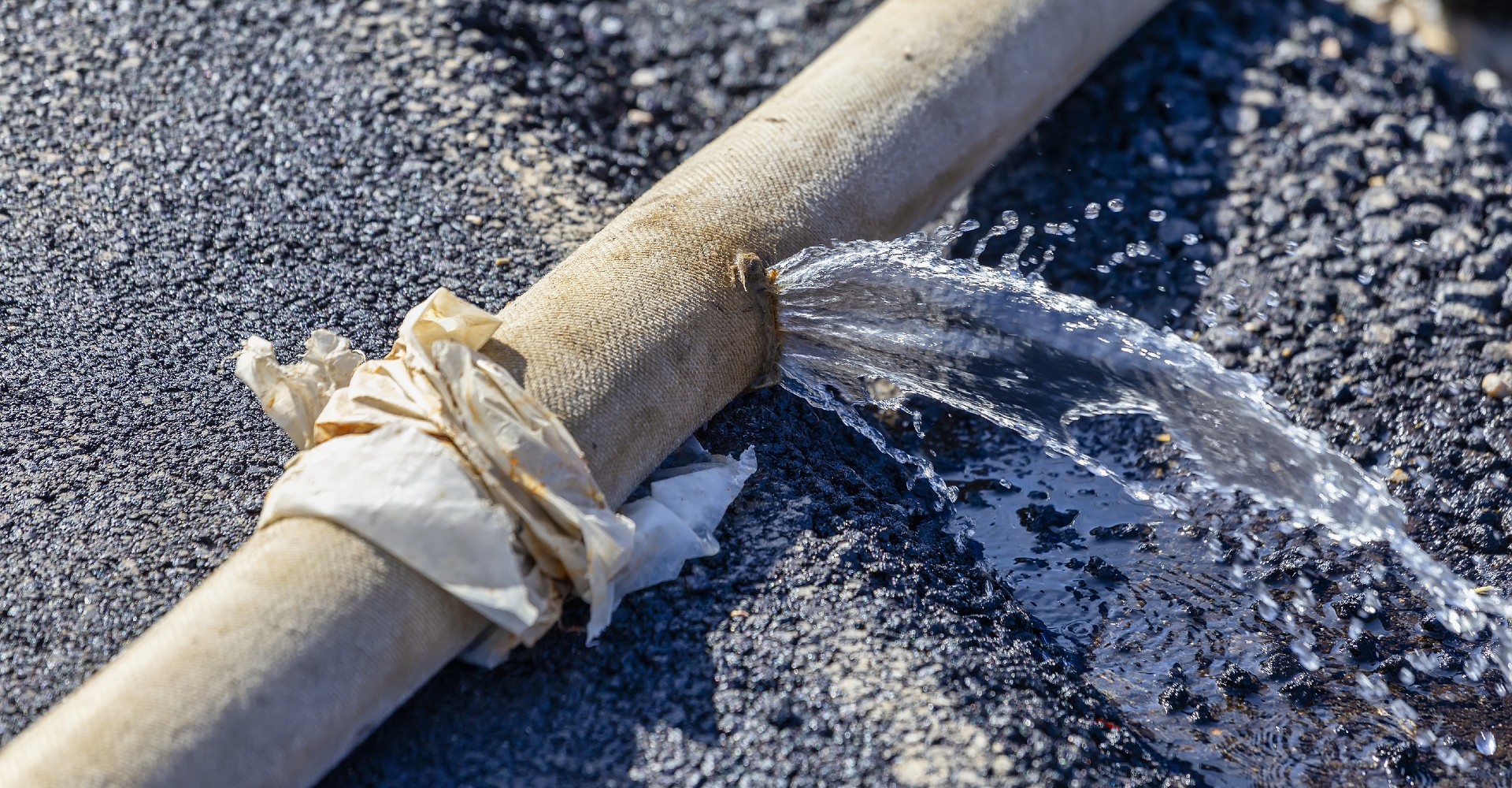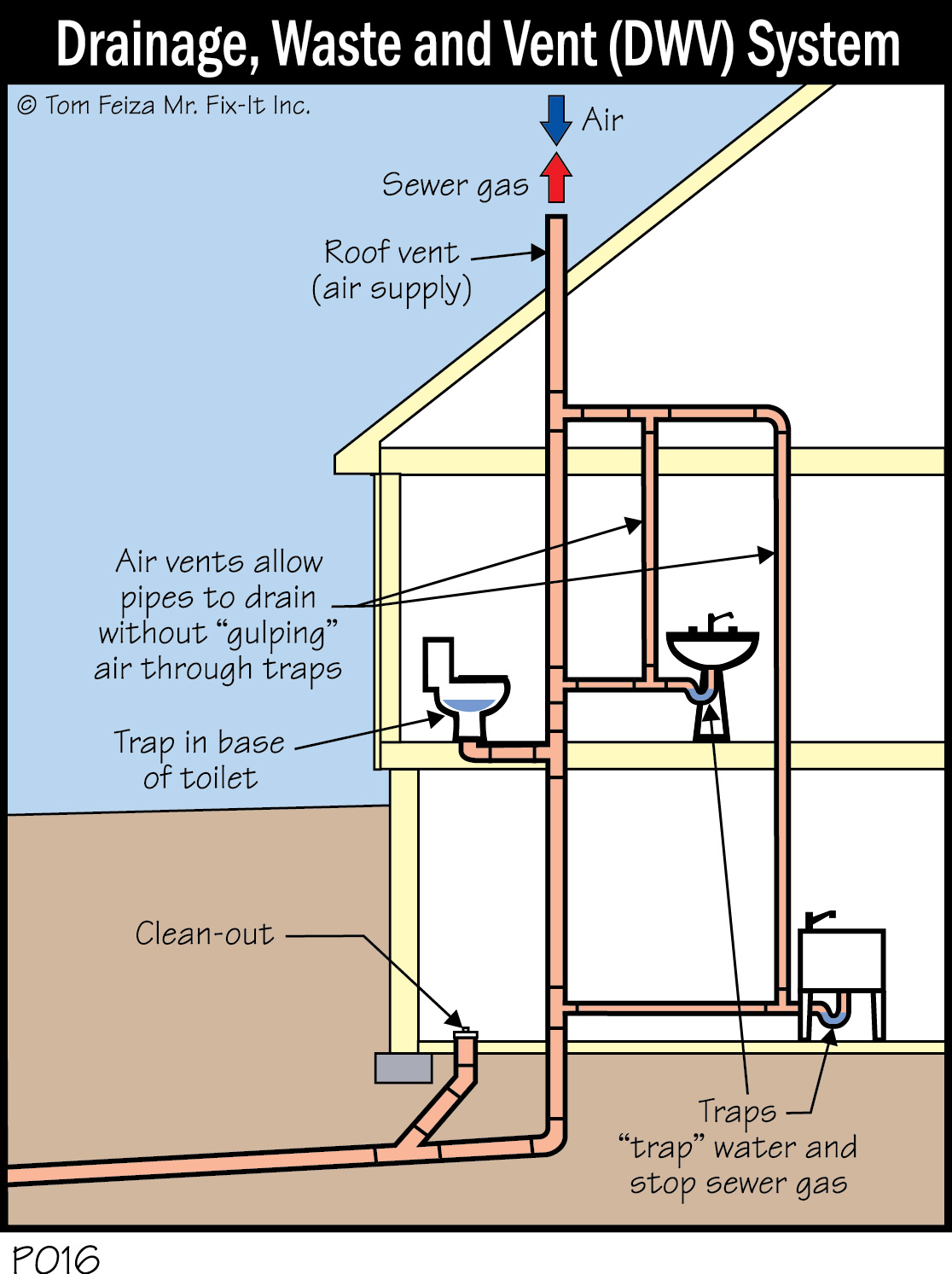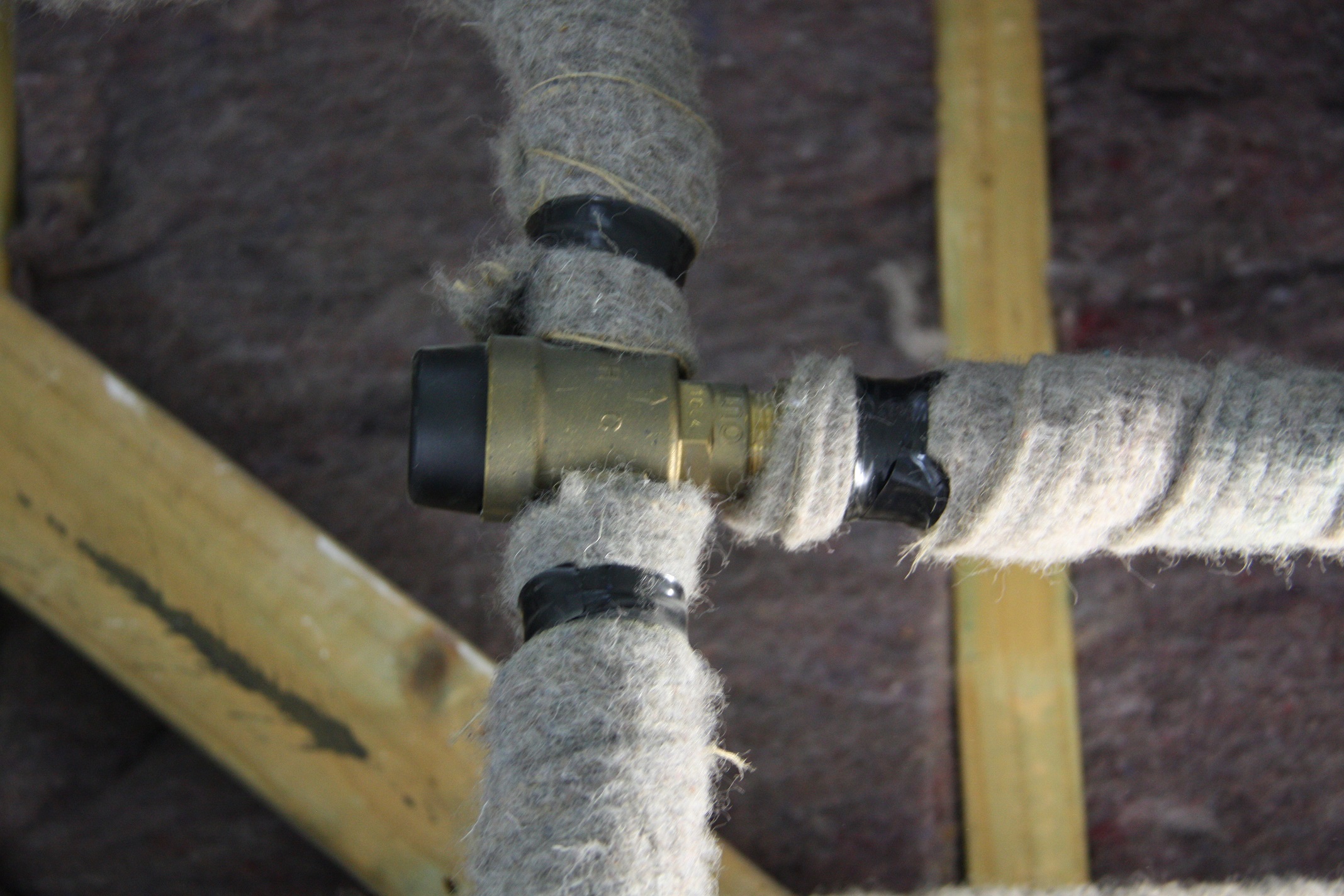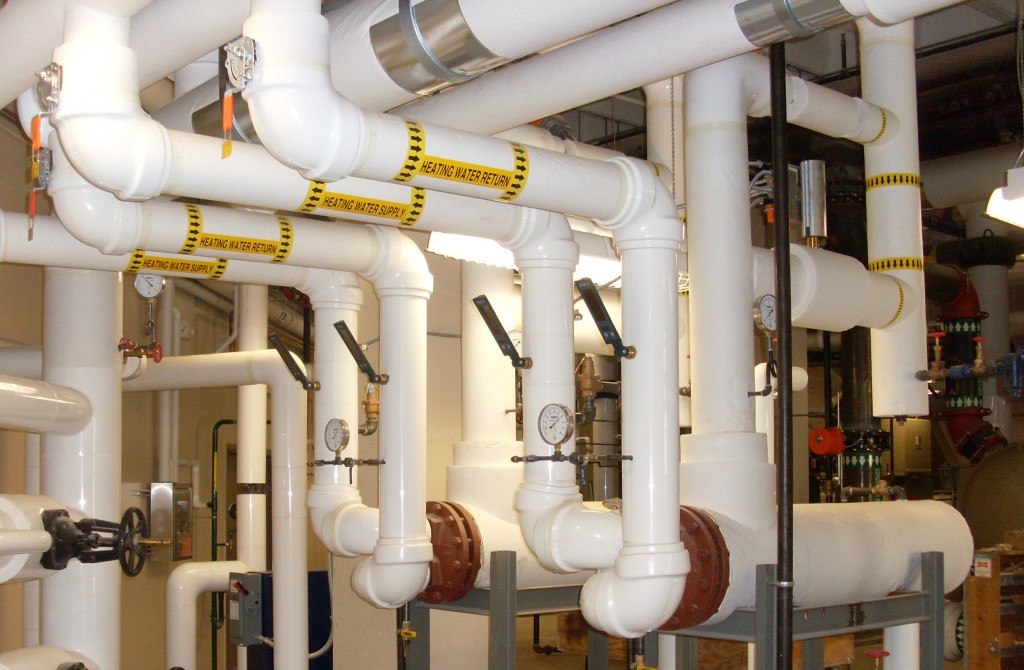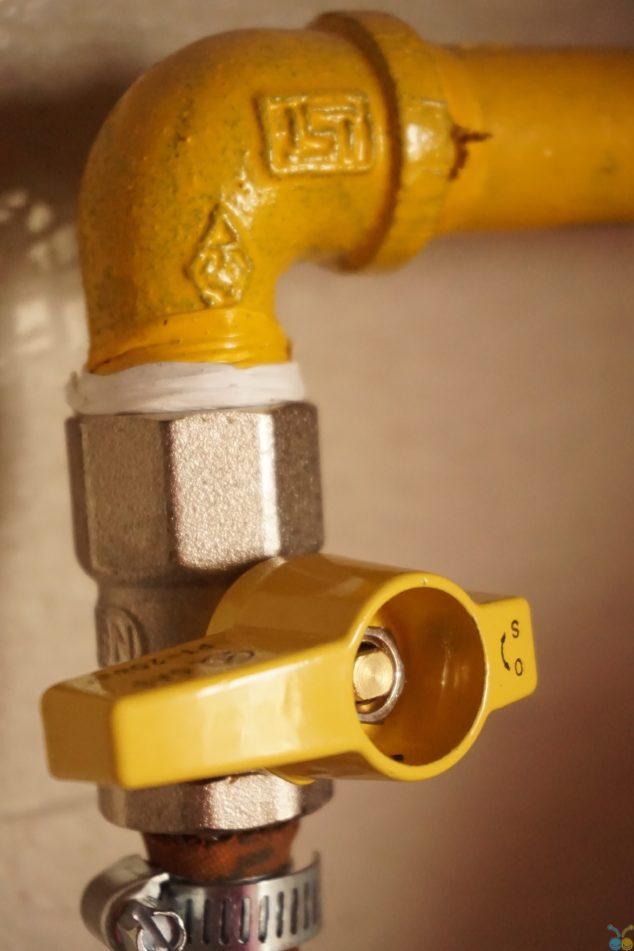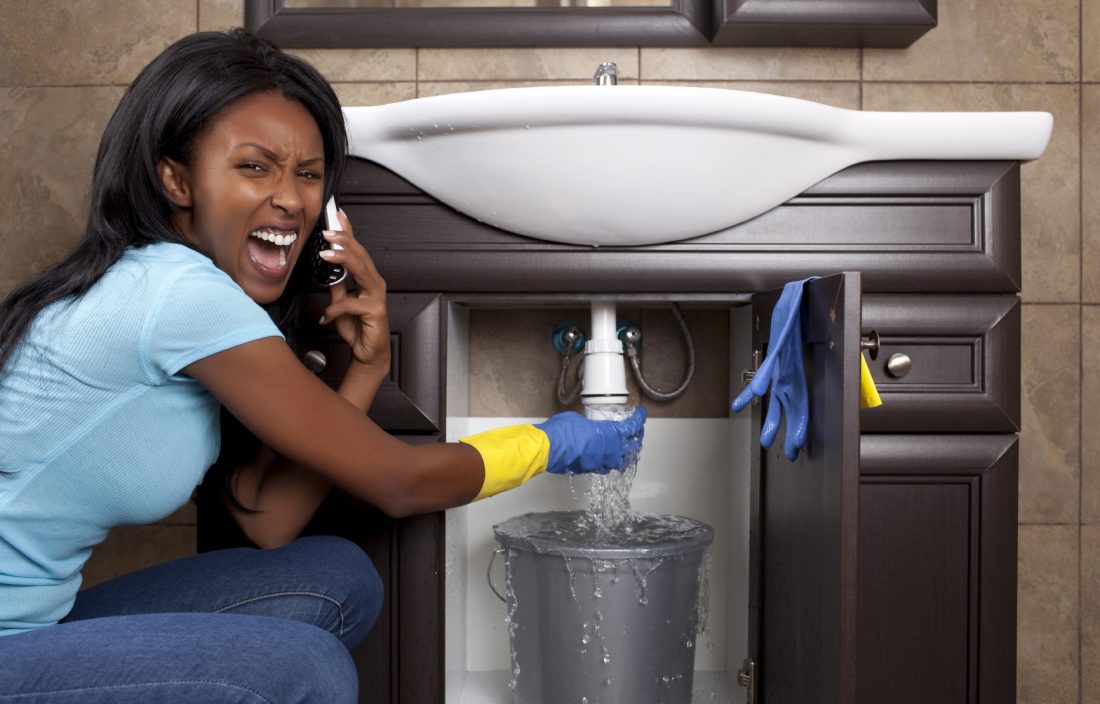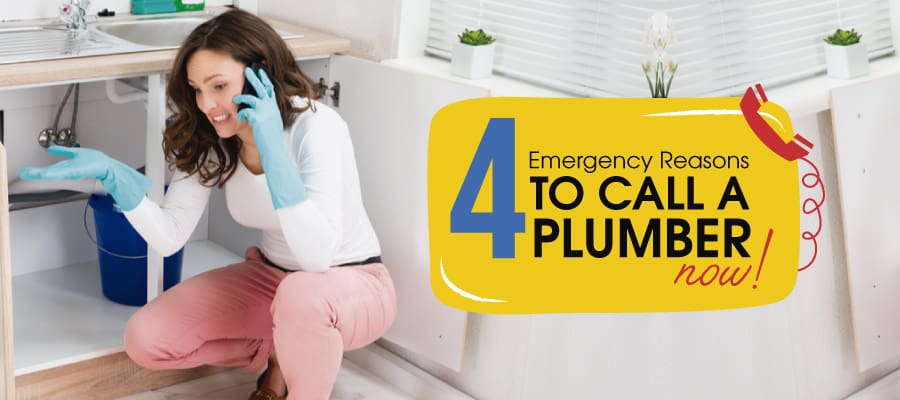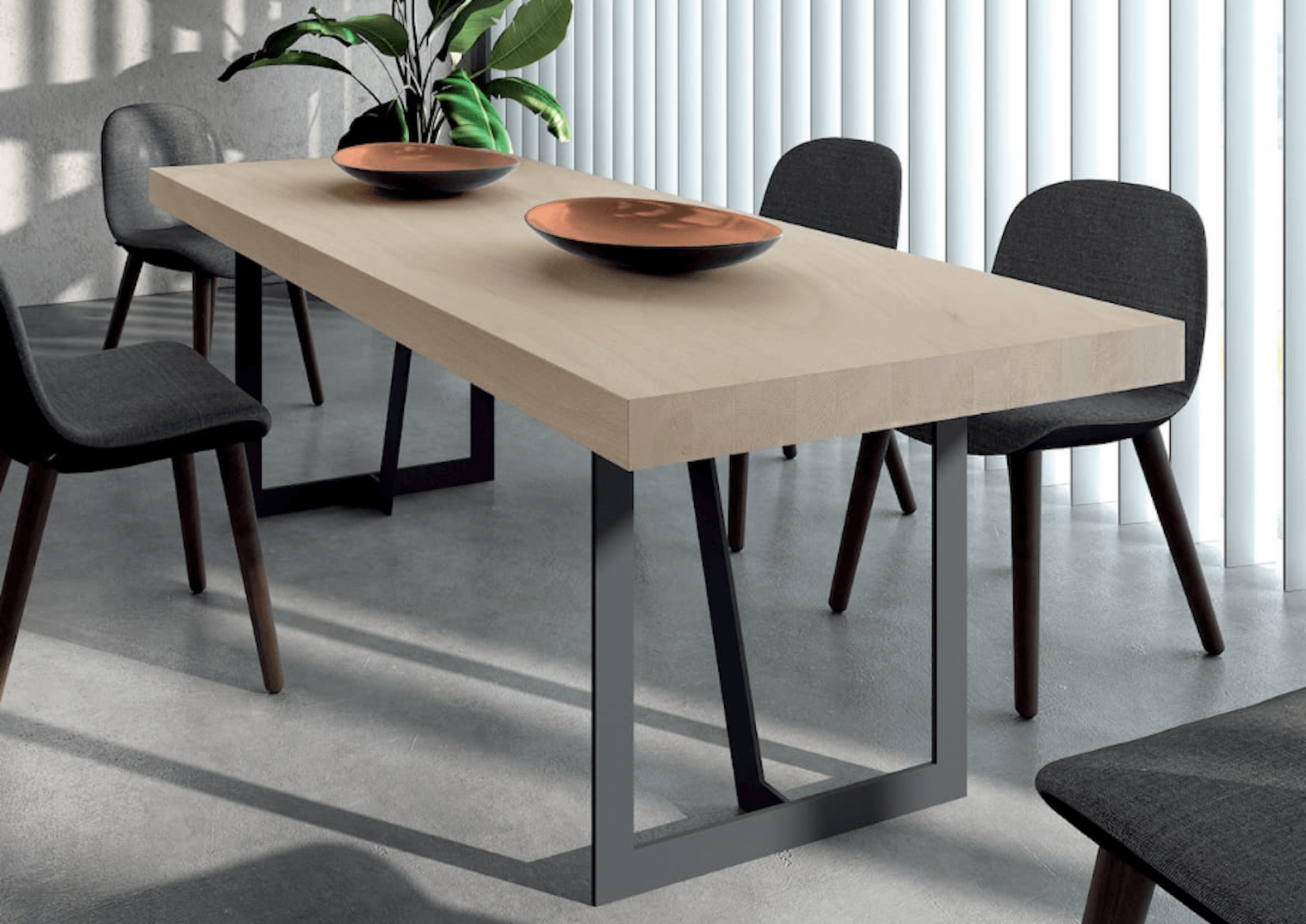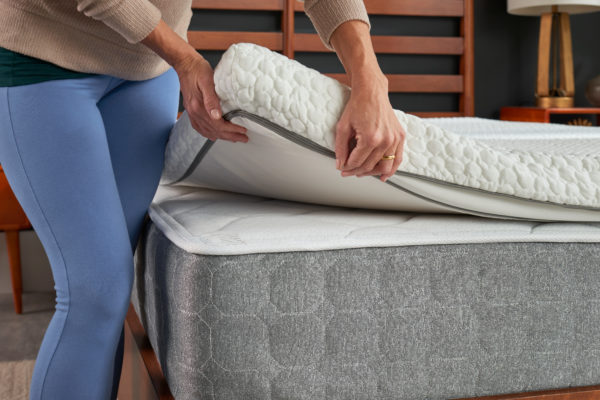If you have no water pressure in your kitchen sink, the first thing you should check is the water supply valve. This valve controls the flow of water to your sink and may have accidentally been turned off or partially closed. Look for the valve under the sink and make sure it is fully open. If it is closed, simply turn it counterclockwise to open it. If the valve is already open, you may need to replace it if it is faulty or damaged.Check the water supply valve
The aerator is a small mesh screen located on the tip of the faucet. Its purpose is to control the flow of water and to mix air with the water to create a steady stream. If the aerator becomes clogged with sediment or debris, it can greatly reduce the water pressure in your kitchen sink. To check the aerator, simply unscrew it from the faucet and clean out any buildup with a toothbrush or soak it in vinegar to dissolve any mineral deposits. Once cleaned, screw it back onto the faucet and try running the water again.Check the aerator
If you have low water pressure throughout your entire house, the issue may lie with the water pressure regulator. This device controls the pressure of the water coming into your home from the main water line. If it is not functioning properly, it can cause low water pressure in your kitchen sink. To check the regulator, you may need to call a plumber as it is a more complex fix and may require a replacement.Check the water pressure regulator
Clogs in the pipes leading to your kitchen sink can also be a common cause of low water pressure. These clogs can be caused by a buildup of debris, grease, or even tree roots in the pipes. To check for clogs, you can use a plumbing snake or a plunger to clear them out. If the clog is too deep in the pipes, you may need to call a plumber for assistance.Check for clogs in the pipes
The faucet cartridge is another small but important part of your kitchen sink’s plumbing. It controls the flow of water and can become clogged or damaged over time. If the cartridge is clogged, it can greatly reduce the water pressure in your sink. To check the cartridge, turn off the water supply and remove the handle and cartridge from the faucet. Clean out any buildup or debris and replace the cartridge if it is damaged.Check the faucet cartridge
Leaks in the pipes leading to your kitchen sink can also be a cause of low water pressure. These leaks can be caused by corrosion, cracks, or loose connections in the pipes. To check for leaks, inspect the pipes under the sink and look for any visible signs of water. You can also run your hand along the pipes to feel for any dampness. If you find a leak, you may need to call a plumber to repair or replace the affected pipes.Check for leaks in the pipes
If you have no water pressure in your kitchen sink, it could be due to issues with your water heater. If your water heater is old or malfunctioning, it may not be able to provide enough hot water to your sink. This can result in low water pressure or no water pressure at all. Check the pilot light to make sure it is lit and functioning properly. If the water heater is the issue, you may need to replace it or call a professional for repairs.Check the water heater
In some cases, the issue of no water pressure in your kitchen sink may be due to a problem with the water main. This is the main pipe that brings water into your home and supplies it to all of your faucets and fixtures. If the water main is damaged or experiencing issues, it can lead to low or no water pressure in your kitchen sink. To check the water main, you may need to call your local water provider to inspect and repair any issues.Check the water main
If you have recently had work done on your plumbing or have experienced a water outage, there may be air trapped in the pipes. This can cause low water pressure or sputtering water in your kitchen sink. To fix this issue, turn off the water supply and open all of the faucets in your home to allow the air to escape. Once the water is flowing consistently, you can turn off the faucets and try running the water in your kitchen sink again.Check for air in the pipes
If you have exhausted all of these troubleshooting steps and still have no water pressure in your kitchen sink, it may be time to call a plumber for assistance. They will have the expertise and tools to diagnose and fix the issue, whether it is a small fix or a larger plumbing problem. It is always best to leave plumbing repairs to the professionals to ensure the issue is properly resolved.Call a plumber
Why You May Have No Water Pressure in Your Kitchen Sink: A Guide to Understanding House Design

The Importance of Water Pressure in Your Kitchen Sink
 Having a functional and efficient kitchen is essential for any household. And one of the key components of a functional kitchen is having proper water pressure in your sink. However, if you're experiencing no water pressure in your kitchen sink, it can be a frustrating and inconvenient problem. But before you call a plumber, it's important to understand the potential causes and solutions for this issue.
Having a functional and efficient kitchen is essential for any household. And one of the key components of a functional kitchen is having proper water pressure in your sink. However, if you're experiencing no water pressure in your kitchen sink, it can be a frustrating and inconvenient problem. But before you call a plumber, it's important to understand the potential causes and solutions for this issue.
The Main Causes of No Water Pressure in Your Kitchen Sink
 There are several reasons why you may be experiencing no water pressure in your kitchen sink. The most common cause is a clogged or blocked aerator. The aerator is the small piece at the end of your faucet that helps regulate the flow of water. Over time, mineral deposits and debris can build up in the aerator, causing a blockage that restricts the water flow.
Another possible cause is a clogged or damaged water supply line. This is the pipe that connects your sink to the main water supply. If it becomes clogged or damaged, it can restrict the water flow to your sink. Additionally, if you have old or faulty plumbing, it could be causing low water pressure in your kitchen sink.
There are several reasons why you may be experiencing no water pressure in your kitchen sink. The most common cause is a clogged or blocked aerator. The aerator is the small piece at the end of your faucet that helps regulate the flow of water. Over time, mineral deposits and debris can build up in the aerator, causing a blockage that restricts the water flow.
Another possible cause is a clogged or damaged water supply line. This is the pipe that connects your sink to the main water supply. If it becomes clogged or damaged, it can restrict the water flow to your sink. Additionally, if you have old or faulty plumbing, it could be causing low water pressure in your kitchen sink.
How House Design Can Affect Your Water Pressure
 Believe it or not, the design and layout of your house can also play a role in your kitchen sink's water pressure. If your kitchen is located far from the main water supply line, it may take longer for the water to reach your sink, resulting in lower water pressure. Similarly, if your house has multiple levels, the water pressure may be affected as it travels through different pipes and levels.
Moreover, the type of plumbing system in your house can also impact water pressure. Older homes may have outdated plumbing systems that are not equipped to handle modern water demands, resulting in lower water pressure.
Believe it or not, the design and layout of your house can also play a role in your kitchen sink's water pressure. If your kitchen is located far from the main water supply line, it may take longer for the water to reach your sink, resulting in lower water pressure. Similarly, if your house has multiple levels, the water pressure may be affected as it travels through different pipes and levels.
Moreover, the type of plumbing system in your house can also impact water pressure. Older homes may have outdated plumbing systems that are not equipped to handle modern water demands, resulting in lower water pressure.
Solutions for Improving Water Pressure in Your Kitchen Sink
 Fortunately, there are several solutions for addressing low water pressure in your kitchen sink. In some cases, simply cleaning or replacing the aerator can restore proper water flow. If the issue is with the water supply line, a professional plumber can help unclog or repair it. In more severe cases, you may need to upgrade your plumbing system to accommodate your household's water needs.
In conclusion, having no water pressure in your kitchen sink can be a frustrating problem, but it's not an uncommon one. By understanding the potential causes and solutions, you can take the necessary steps to improve your kitchen's water pressure. And with a functional and efficient kitchen, you can enjoy cooking and cleaning without any unnecessary headaches or delays.
Fortunately, there are several solutions for addressing low water pressure in your kitchen sink. In some cases, simply cleaning or replacing the aerator can restore proper water flow. If the issue is with the water supply line, a professional plumber can help unclog or repair it. In more severe cases, you may need to upgrade your plumbing system to accommodate your household's water needs.
In conclusion, having no water pressure in your kitchen sink can be a frustrating problem, but it's not an uncommon one. By understanding the potential causes and solutions, you can take the necessary steps to improve your kitchen's water pressure. And with a functional and efficient kitchen, you can enjoy cooking and cleaning without any unnecessary headaches or delays.
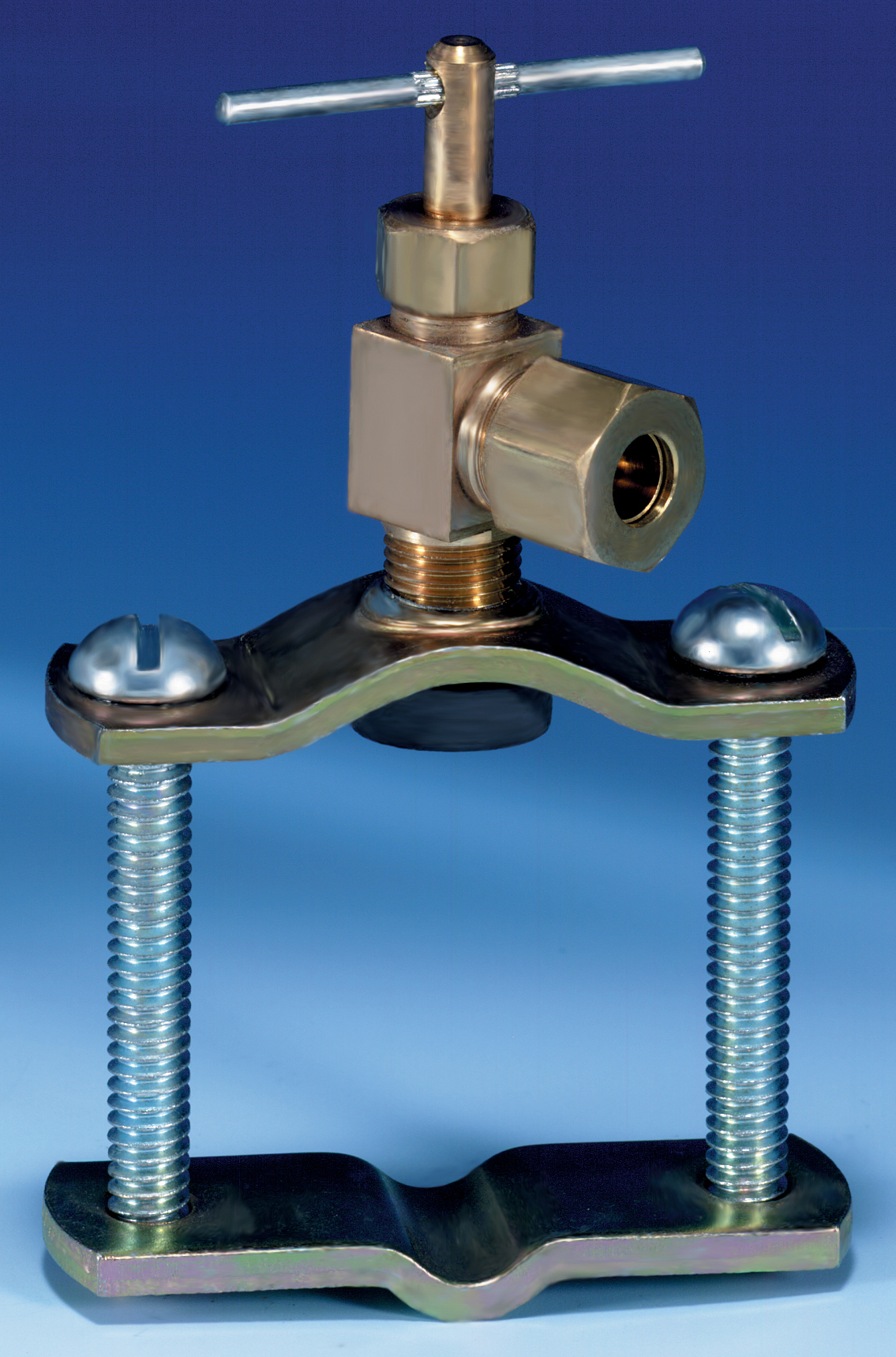





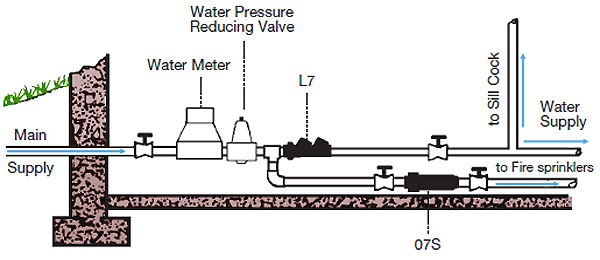
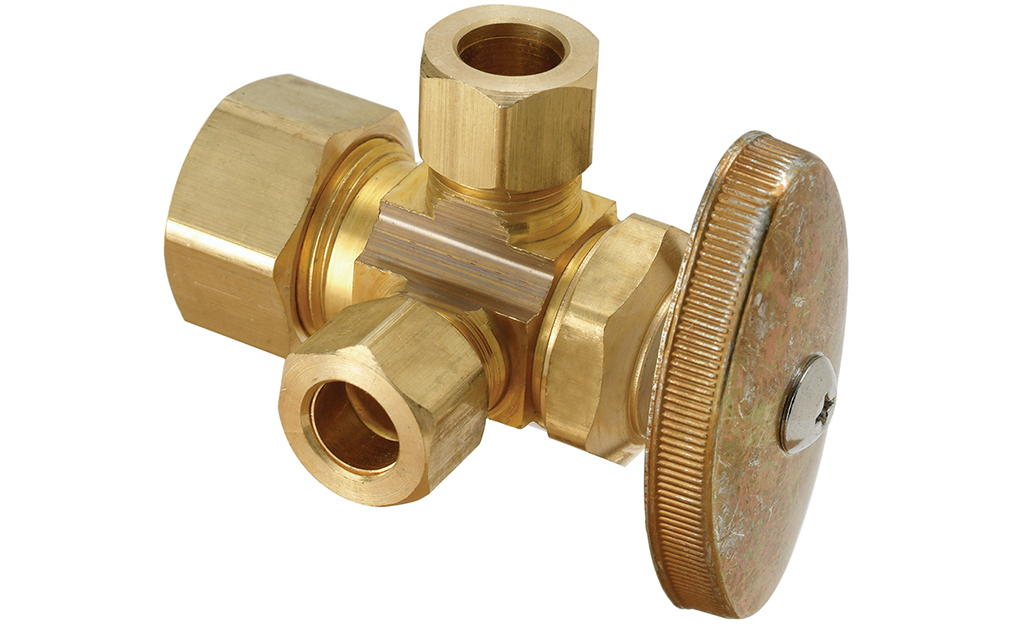

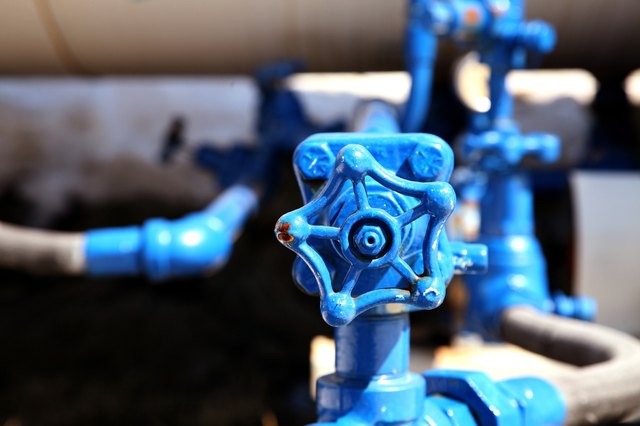


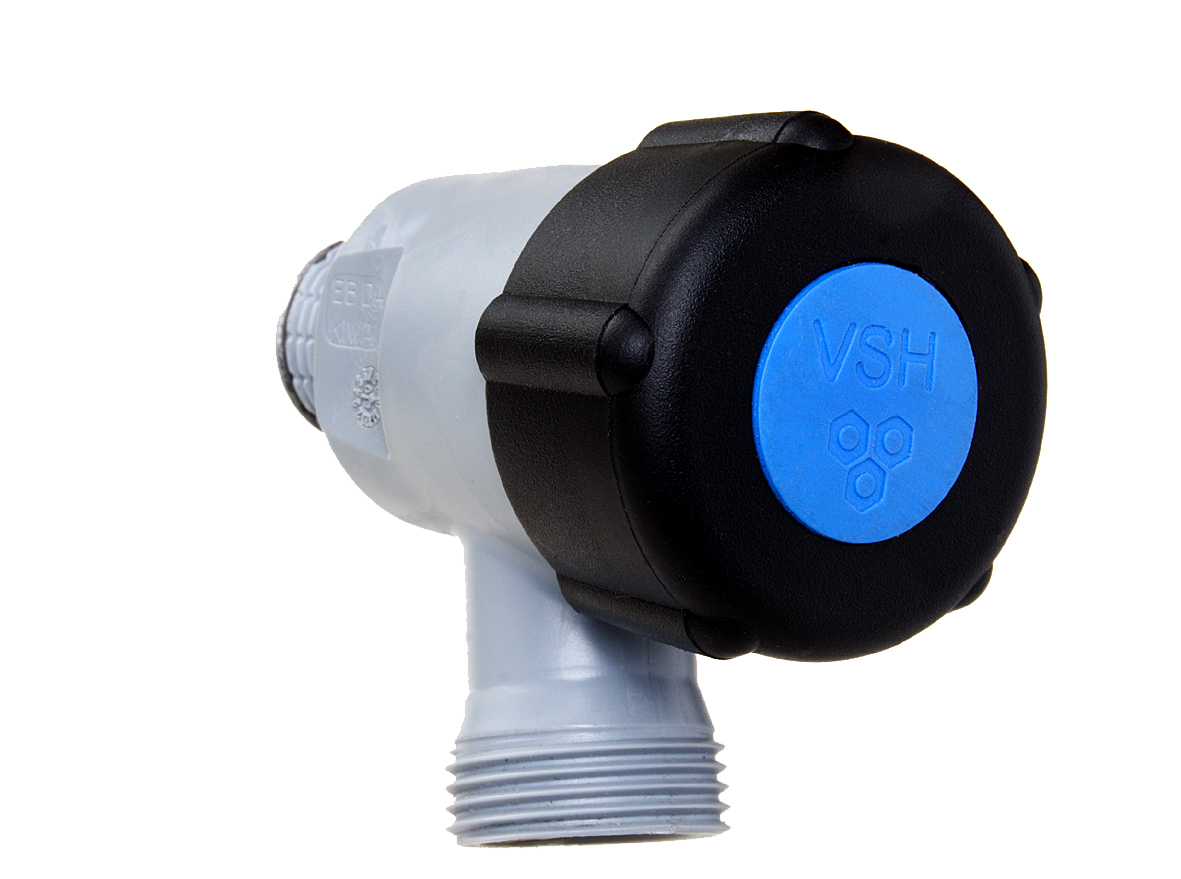






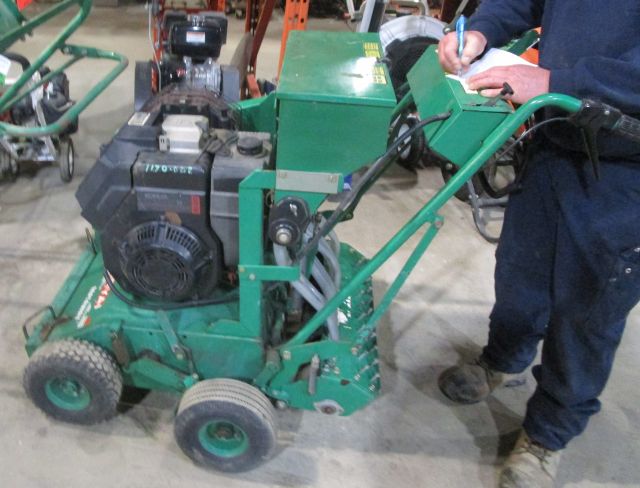
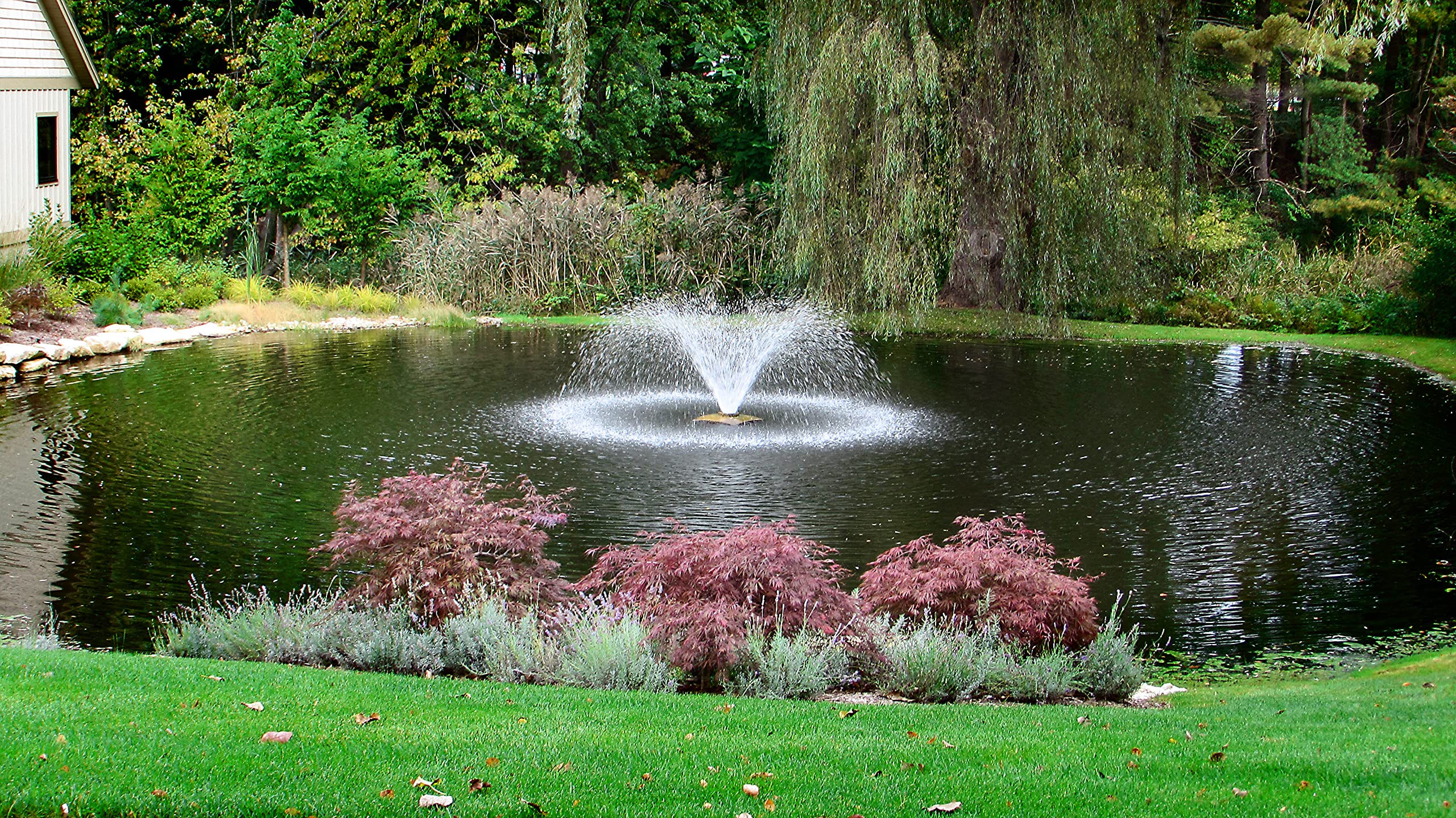
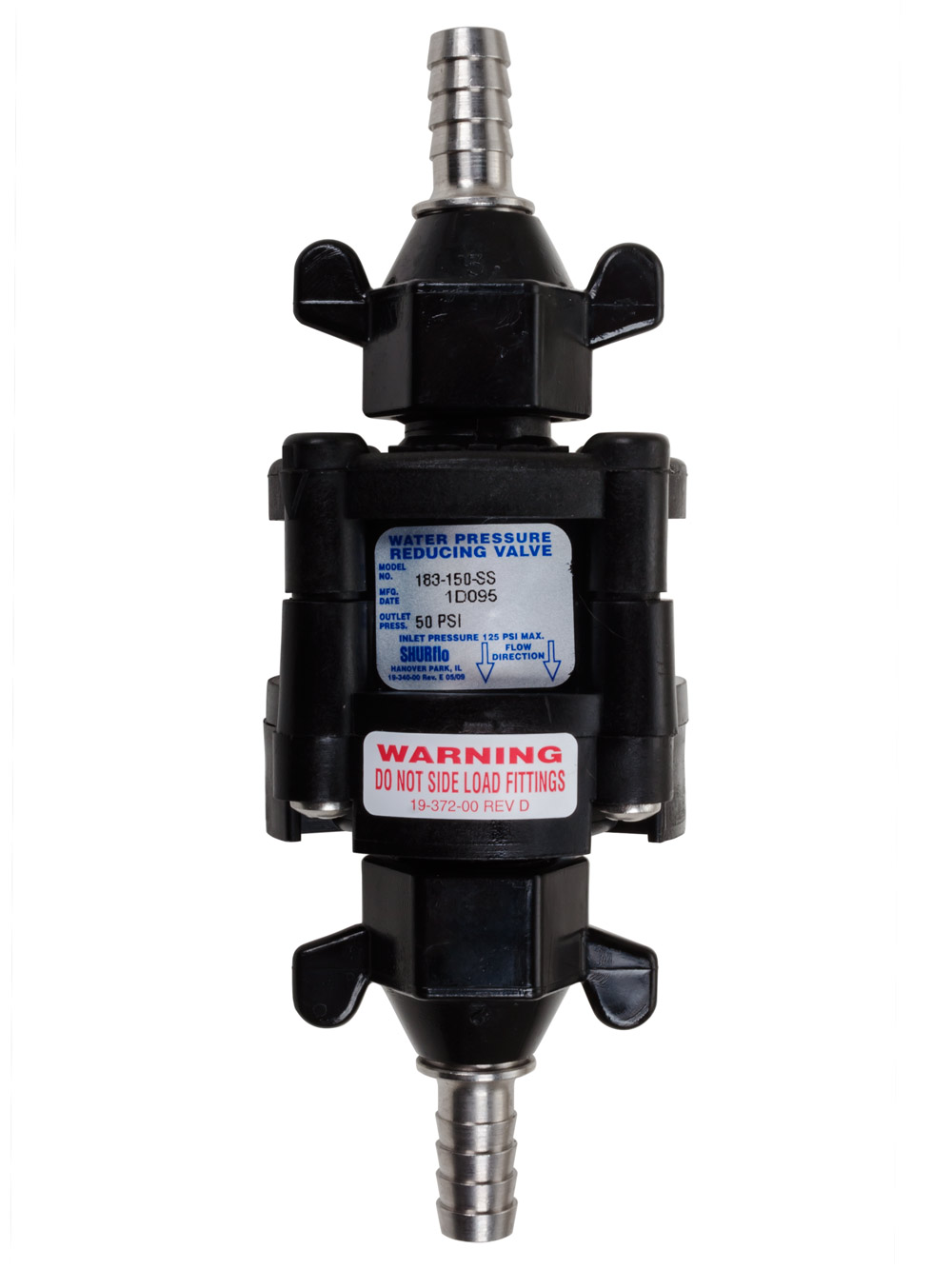

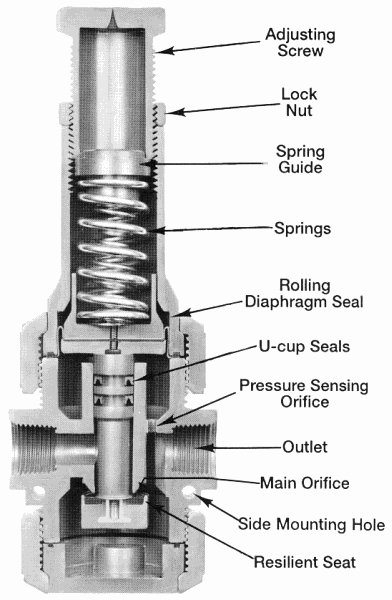
:max_bytes(150000):strip_icc()/the-men-s-hand-opens-the-ball-valve-on-the-collector-1006810456-5c5fc73fc9e77c000159c4af.jpg)

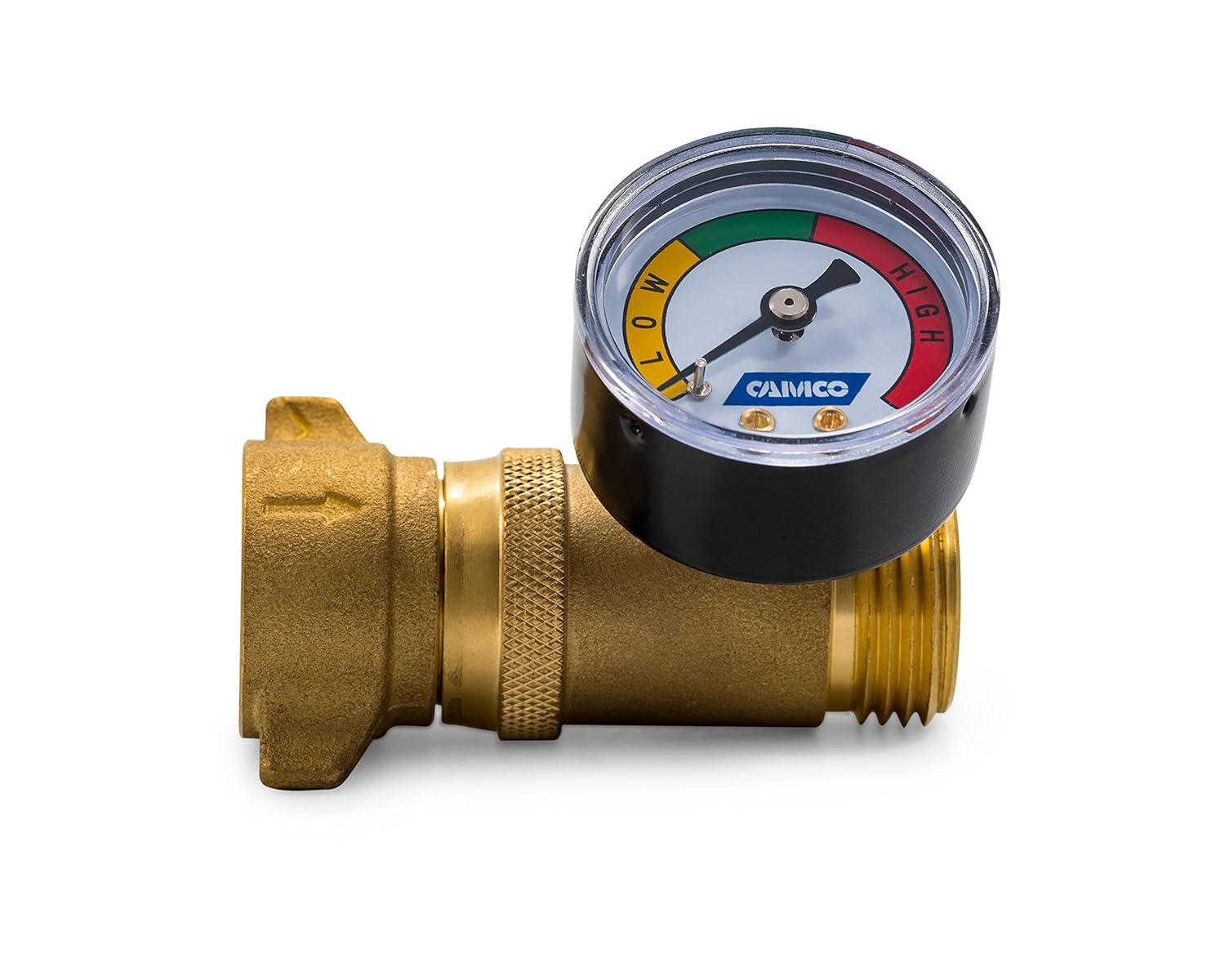


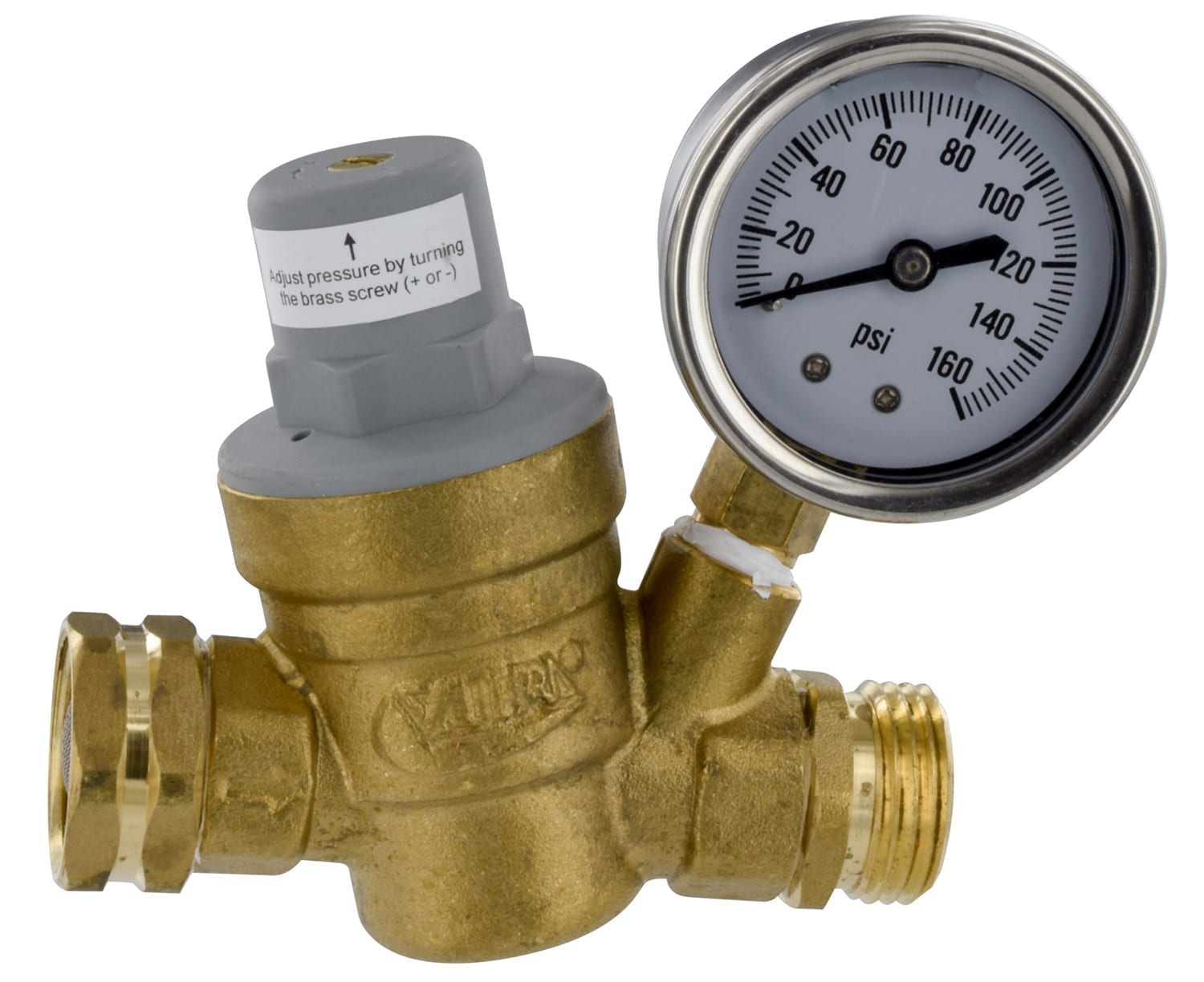

:max_bytes(150000):strip_icc()/testing-water-pressure-in-your-home-2718692-04-c37ab3236d0d4b61b87079ebf9ef823e.jpg)





